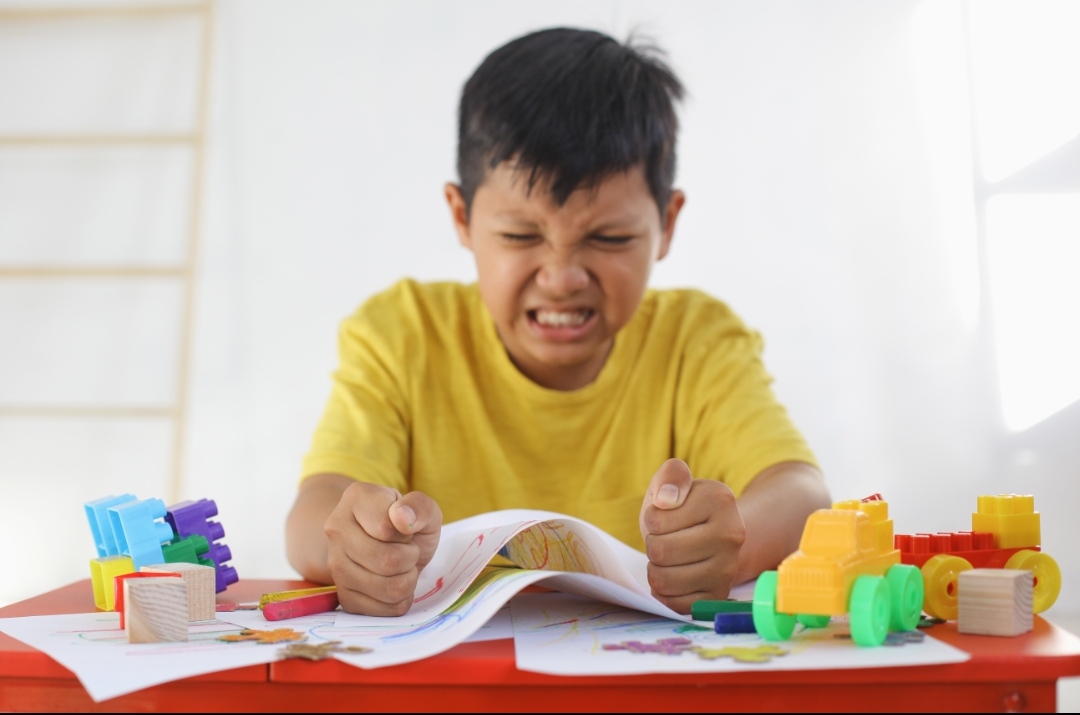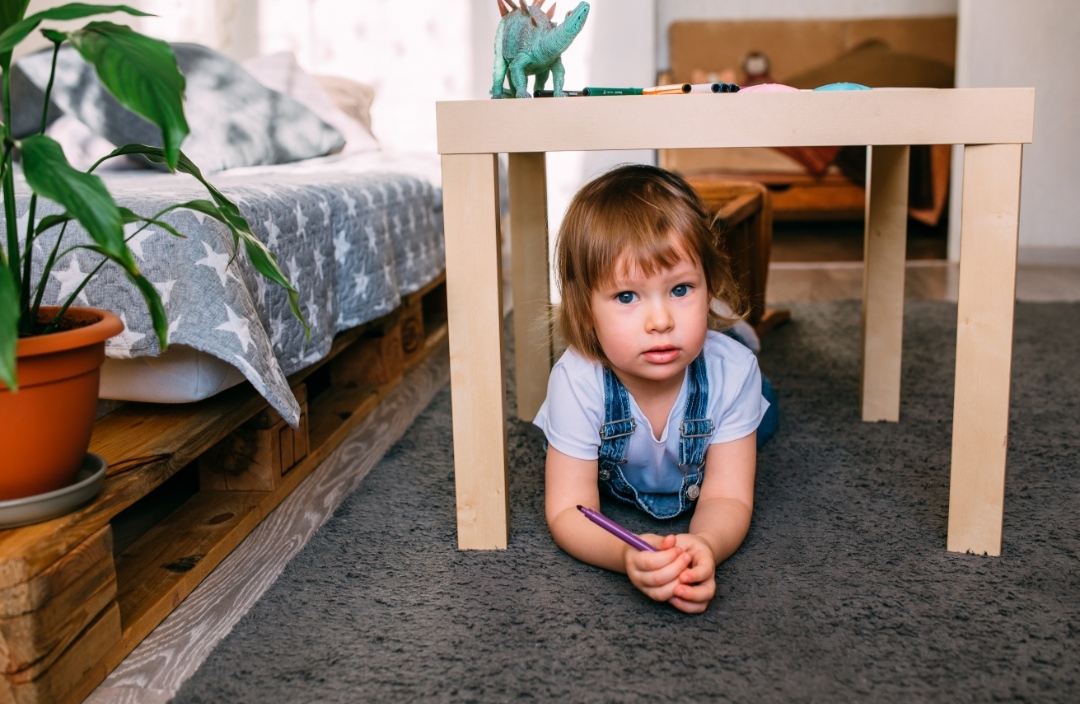– By Dr. Dhanalakshmi N.
Ph.D. (N), PG Psychological Counselling, M.Sc. Psychology
Introduction
We love our young children but they can be a lot of work. During their early childhood, the demands of their upbringing can be sometimes taxing. Their cute questions may turn exhausting. Dealing with their tantrums may become seemingly impossible. However, it is very important to remember that they are just kids and that they are facing the pains of growing-up and we as adults must not lose our patience at least most of the times. Here are some tips to gain composure and remain calm, for parents in trying times.
- Breathe and Relax: Before responding or reacting to your children, take a moment to breathe and center yourself. Tell yourself to wait if you notice your body tensing up or your heart starting to beat when you start to get frustrated. Take a five- count inhale and hold it for an additional five seconds. Gently exhale. As you do this, consciously relax your muscles. You could be taken aback by how much calmer you feel. Taking a minute to breathe slowly also gives you time to connect with your thoughts, which will help you respond calmly. If it calms you, repeat a word as you take deep breaths. You might simply say to yourself “I love my child.”
- Never resort to physical violence: As tempting as it may be, avoid spanking, hitting, throwing and shaking at all costs. Avoid yelling and loud scolding too.
- Step away for a moment if possible: Take a short break to calm down and think before you react. If you’re struggling to remain patient, it’s completely fine to take a short break. Say something like, “Let’s meet after 5 minutes, and then we’ll discuss your situation.” If you are stepping away from a young child, leave her in the hands of a responsible adult first.
- Practice patience: The more you practice being patient, the easier it gets. If you make a conscious effort to be calmer in your interactions with everyone, you’ll find it a lot easier to be patient with your child. For example, if you’re stuck behind a slow driver, you might say, “Gosh, we’re going slow. Oh well, at least we’ve got more time to enjoy the music.”
- Spend time having fun with your kids: Relax and enjoy time together to reduce your frustration with each other. Make a point of spending a little time every day just enjoying each other’s company. You might make simple cooking, play interesting games together, read a story to your child or allow them to choose an activity. If you don’t have a lot of time to schedule fun activities, don’t worry, simple things can be fun too. Make the most of the time you do have, even if it’s just spending a few minutes listening to music or reading a book together when you get home from work.
- Set aside time for self-care: Do things that make you feel rested, healthy and happy. As a parent, we maybe place our children’s needs first, most frequently without looking after ourselves. It’s important to practice self-care so you have the energy and enthusiasm to care for your children. Get plenty of sleep since feeling rested can help you have patience. Eat nutritious food so you feel your best. Spending time with your partner or friends is another important aspect of self-care. Make plans to get out with other adults occasionally since you could find that you become crankier when you haven’t spent time away from your children in a while.
- Count to 10: Close your eyes, take deep breaths and count to 10. This is one of the oldest yet most effective calming-down techniques that is still recommended and practiced widely.
- Forgive yourself: Occasionally, we all lose our patience. If you do, it is okay. Forgive yourself, reflect on it and be better the next time.











